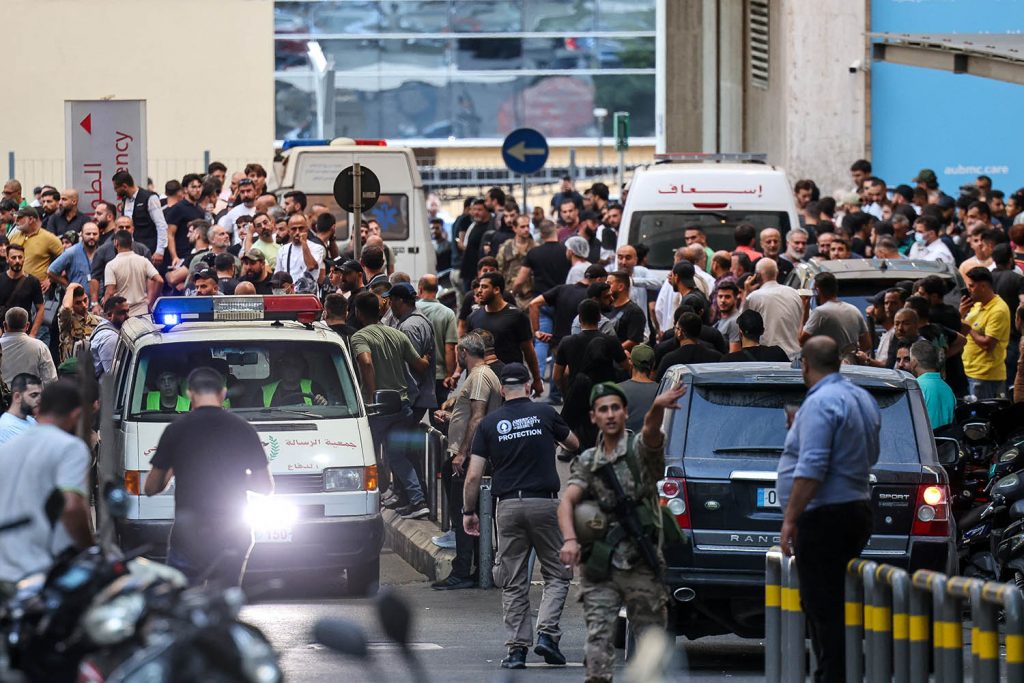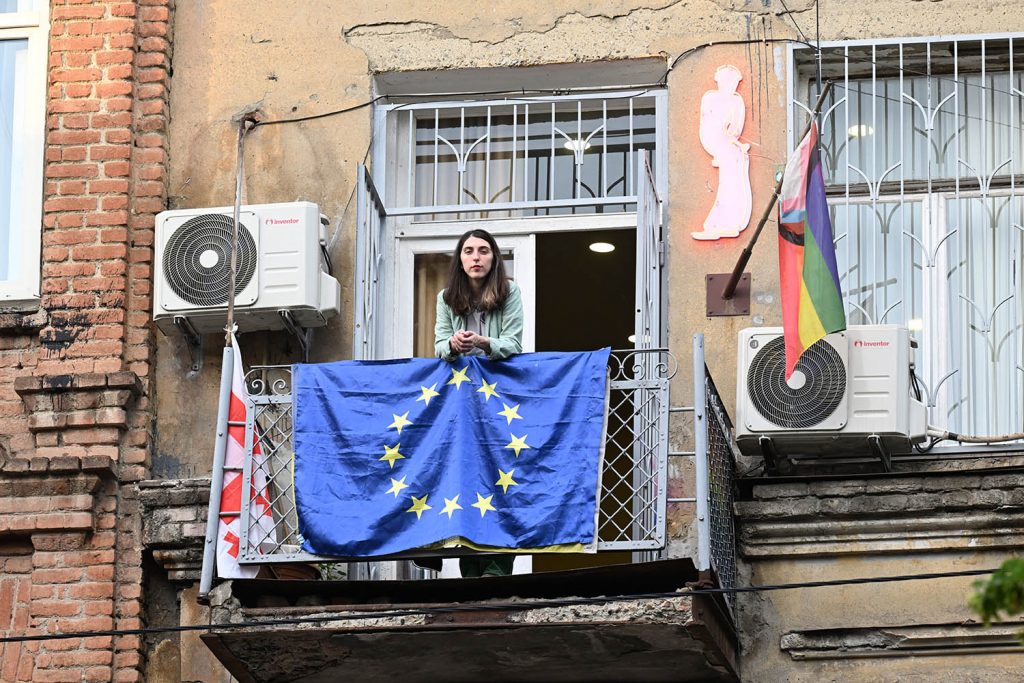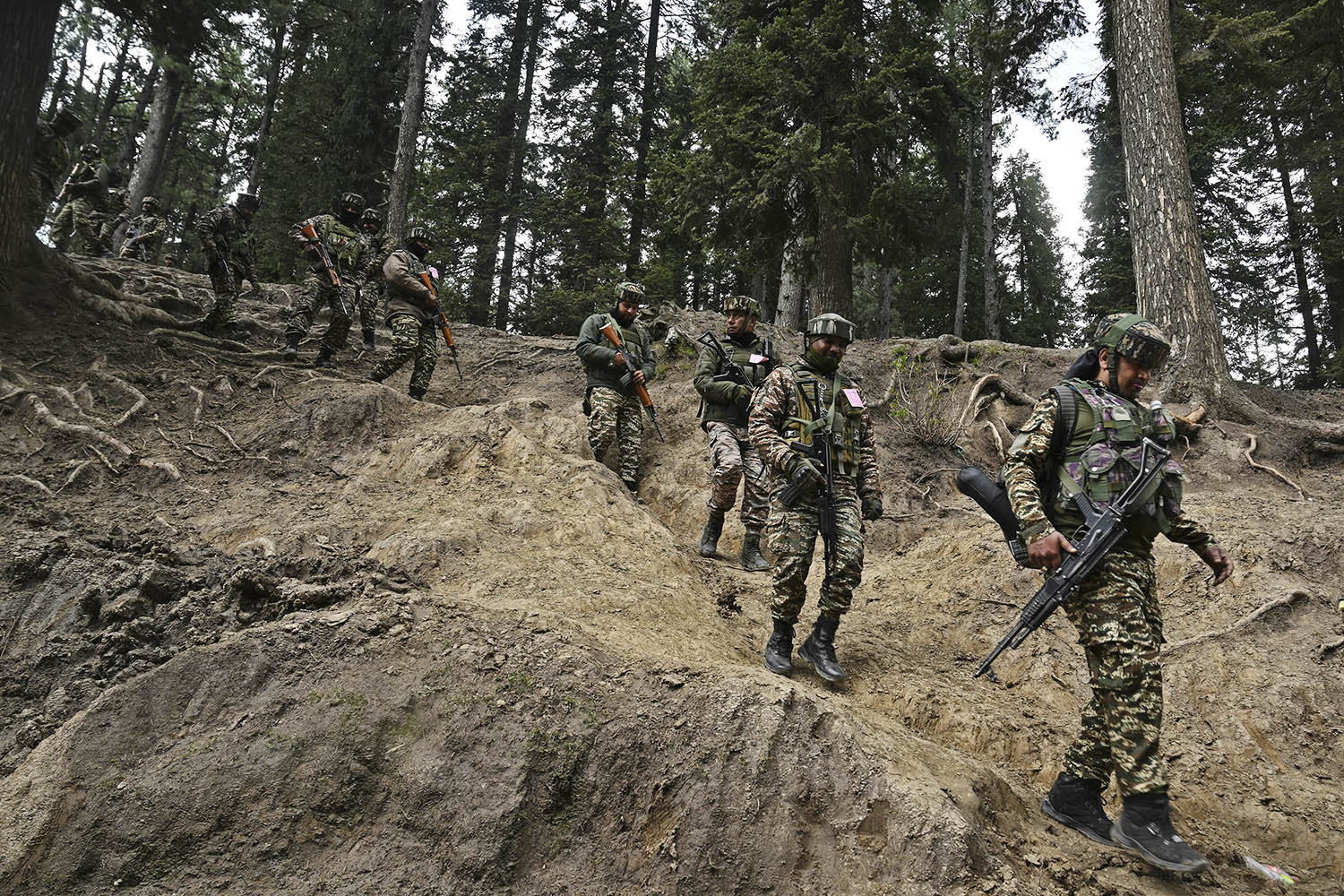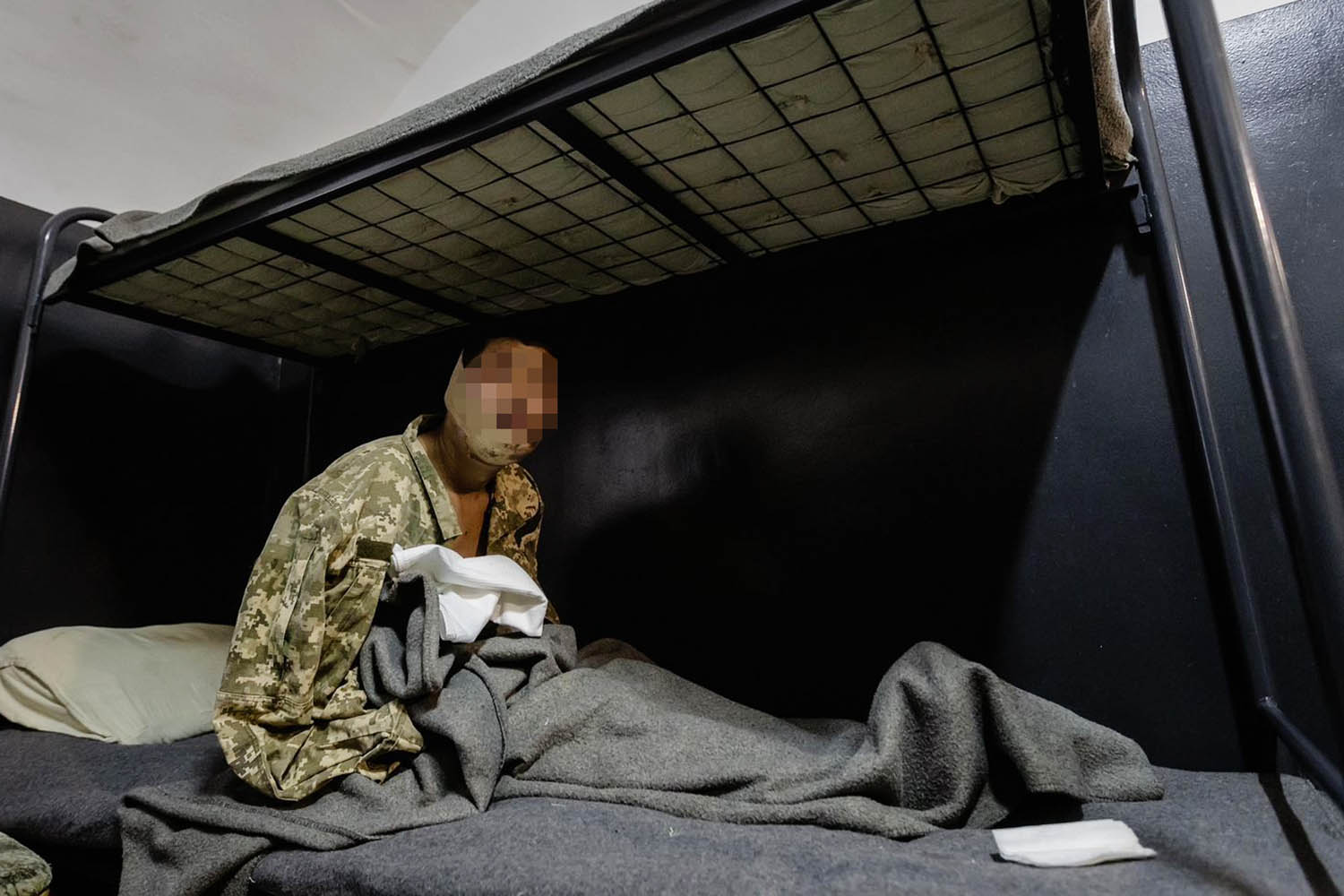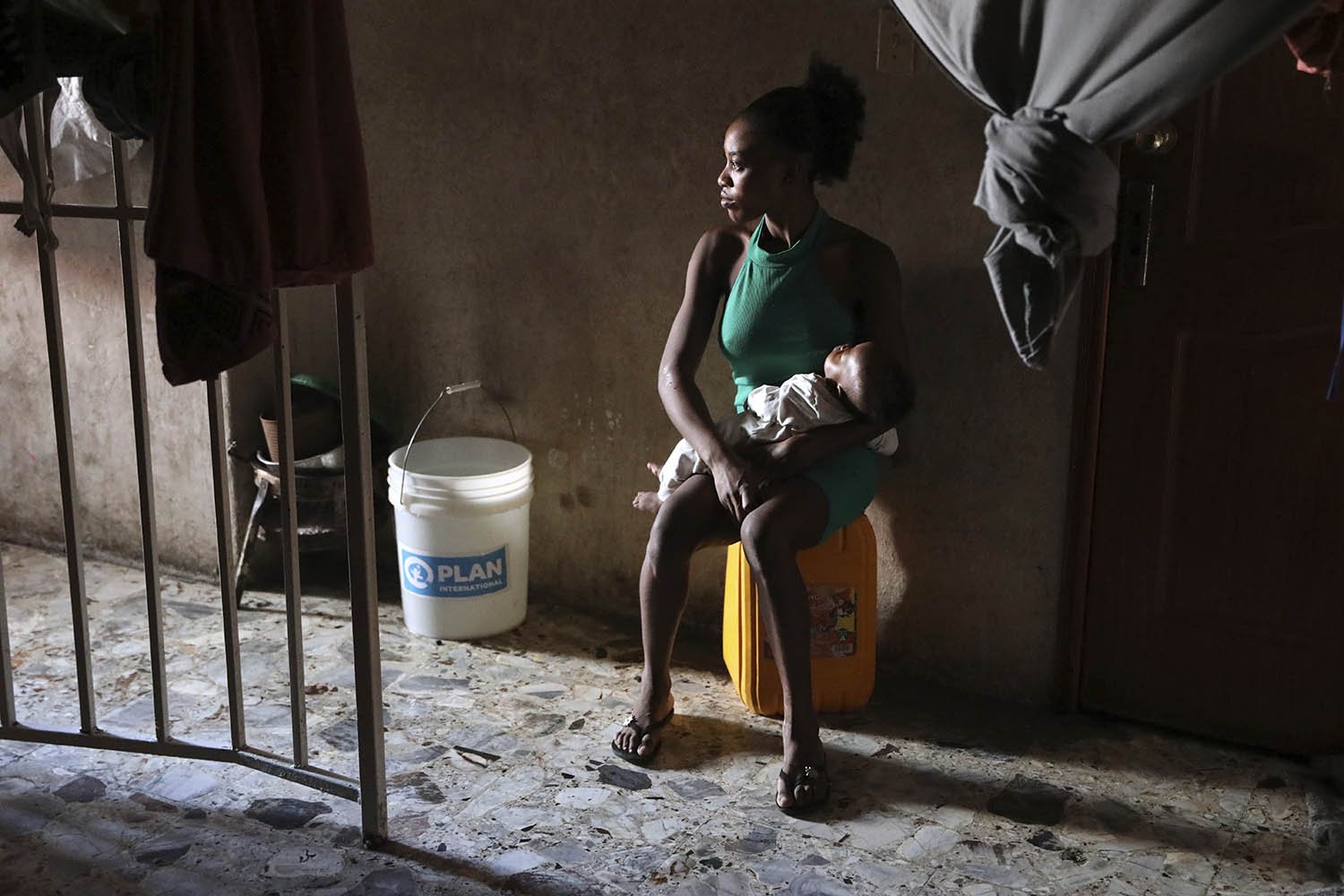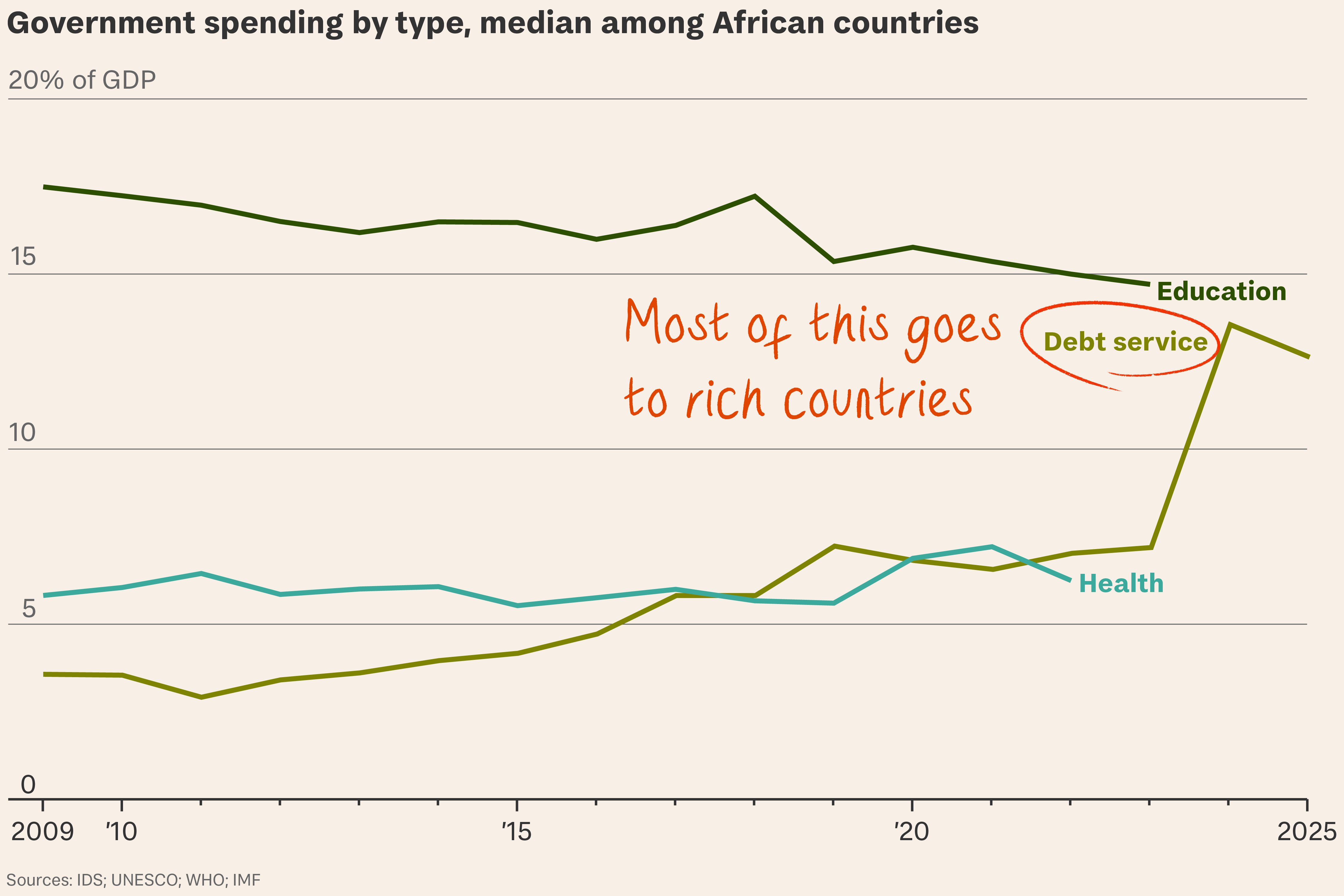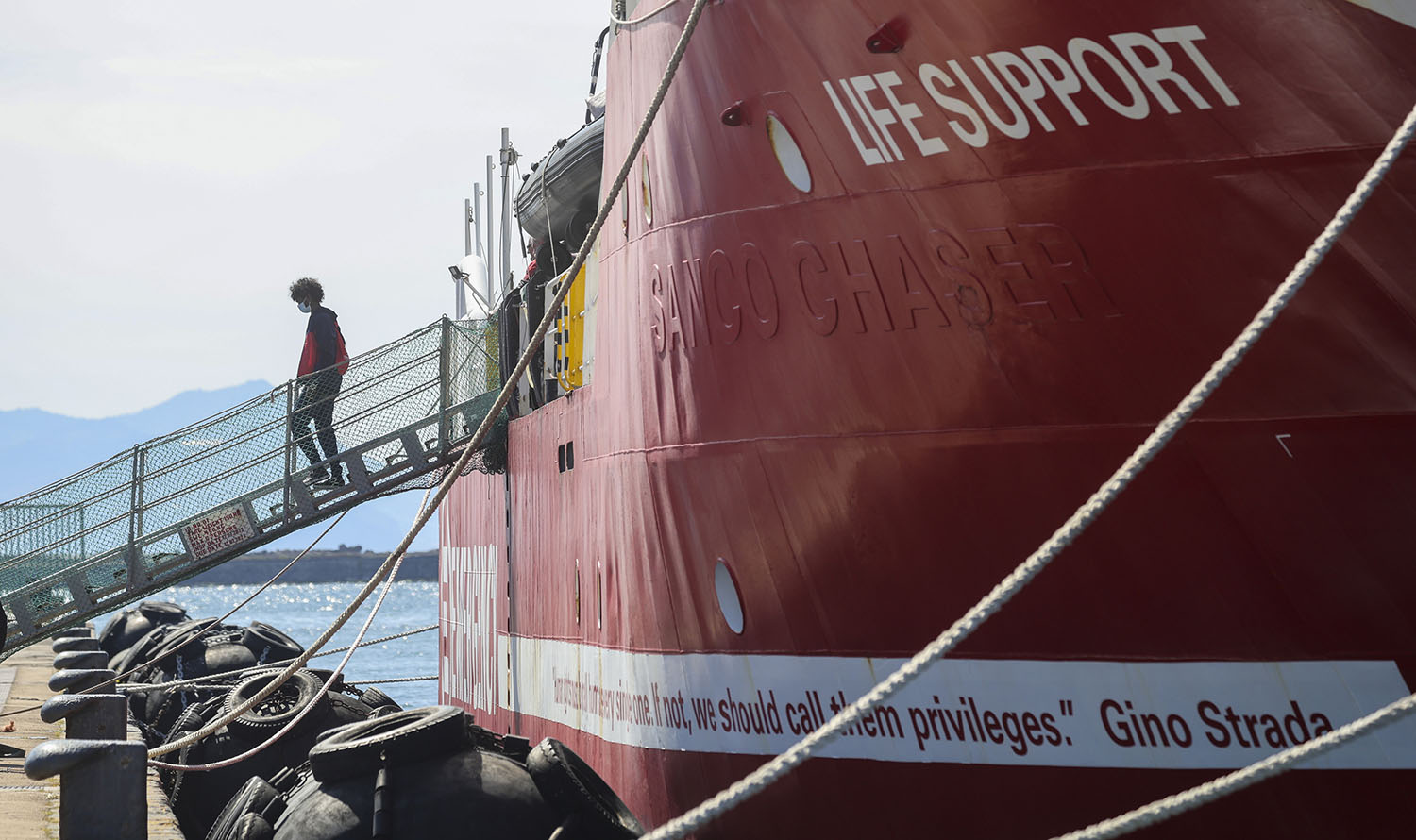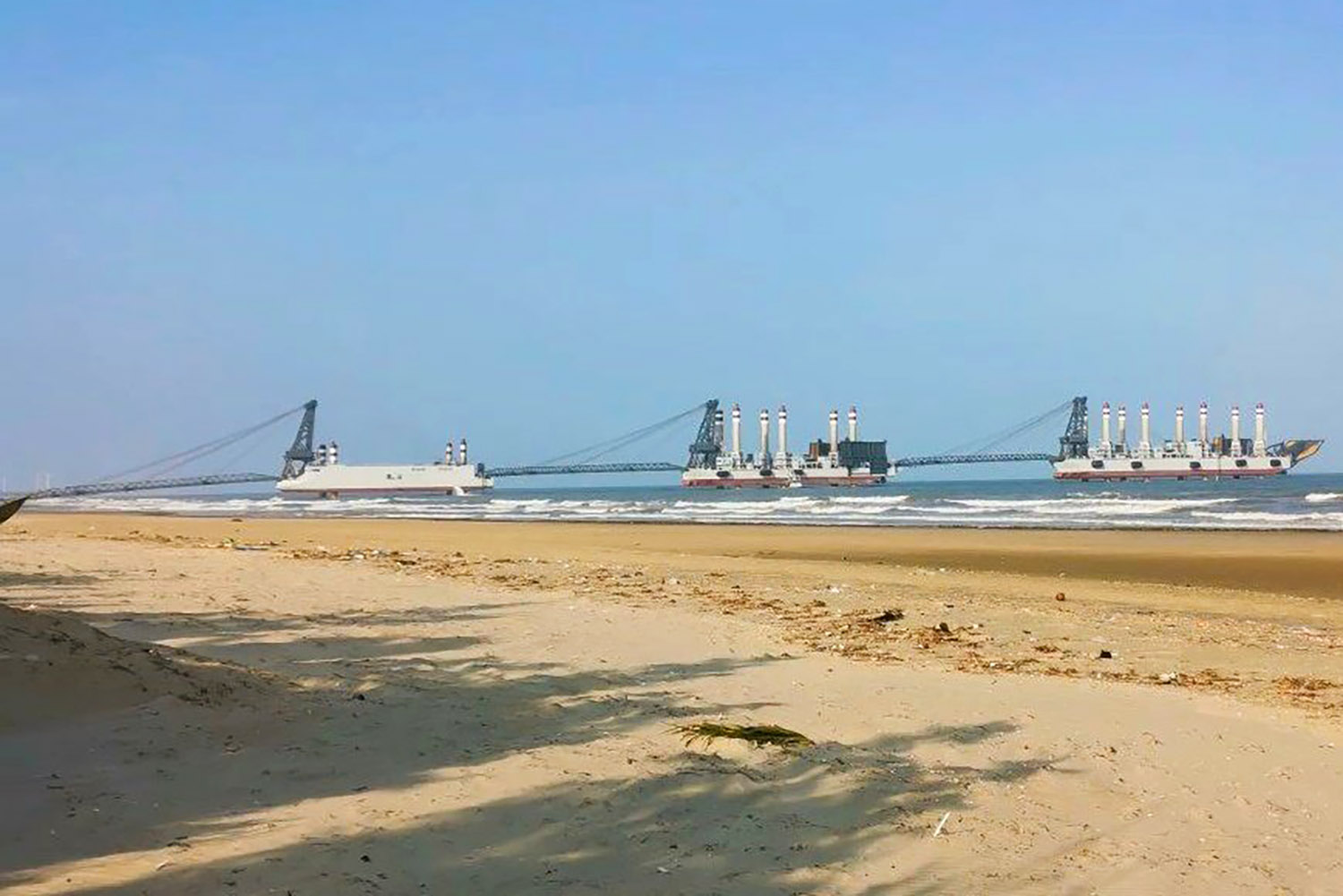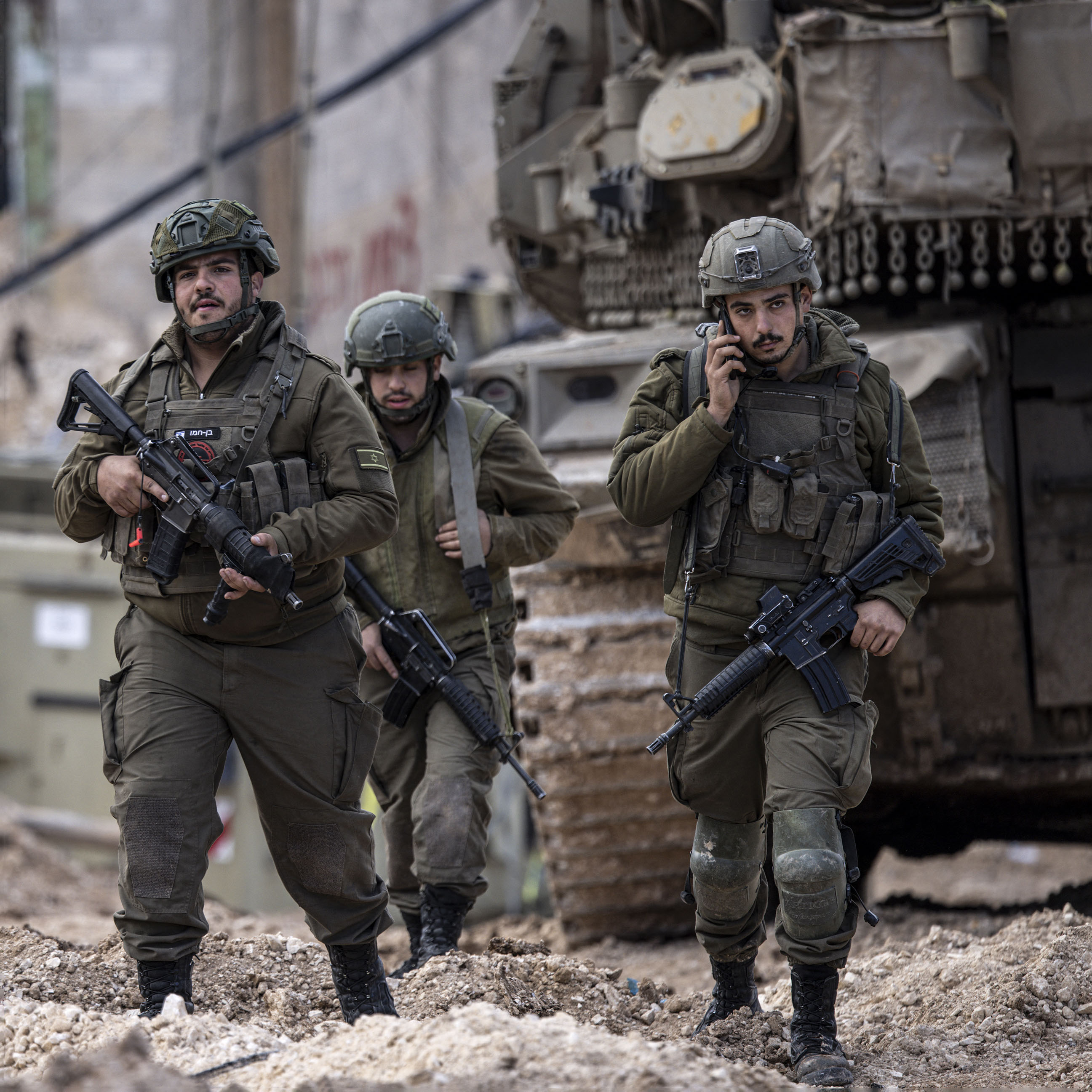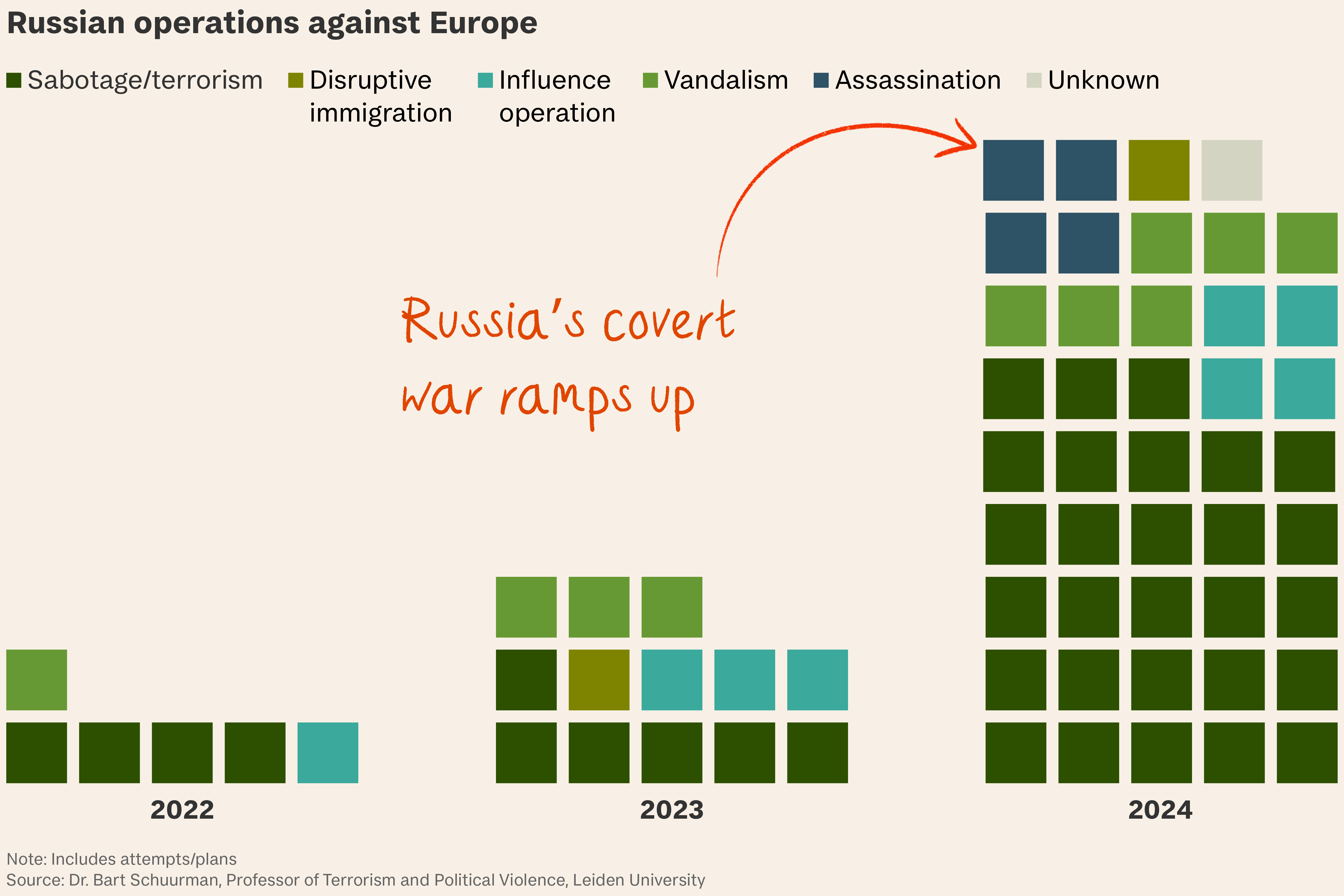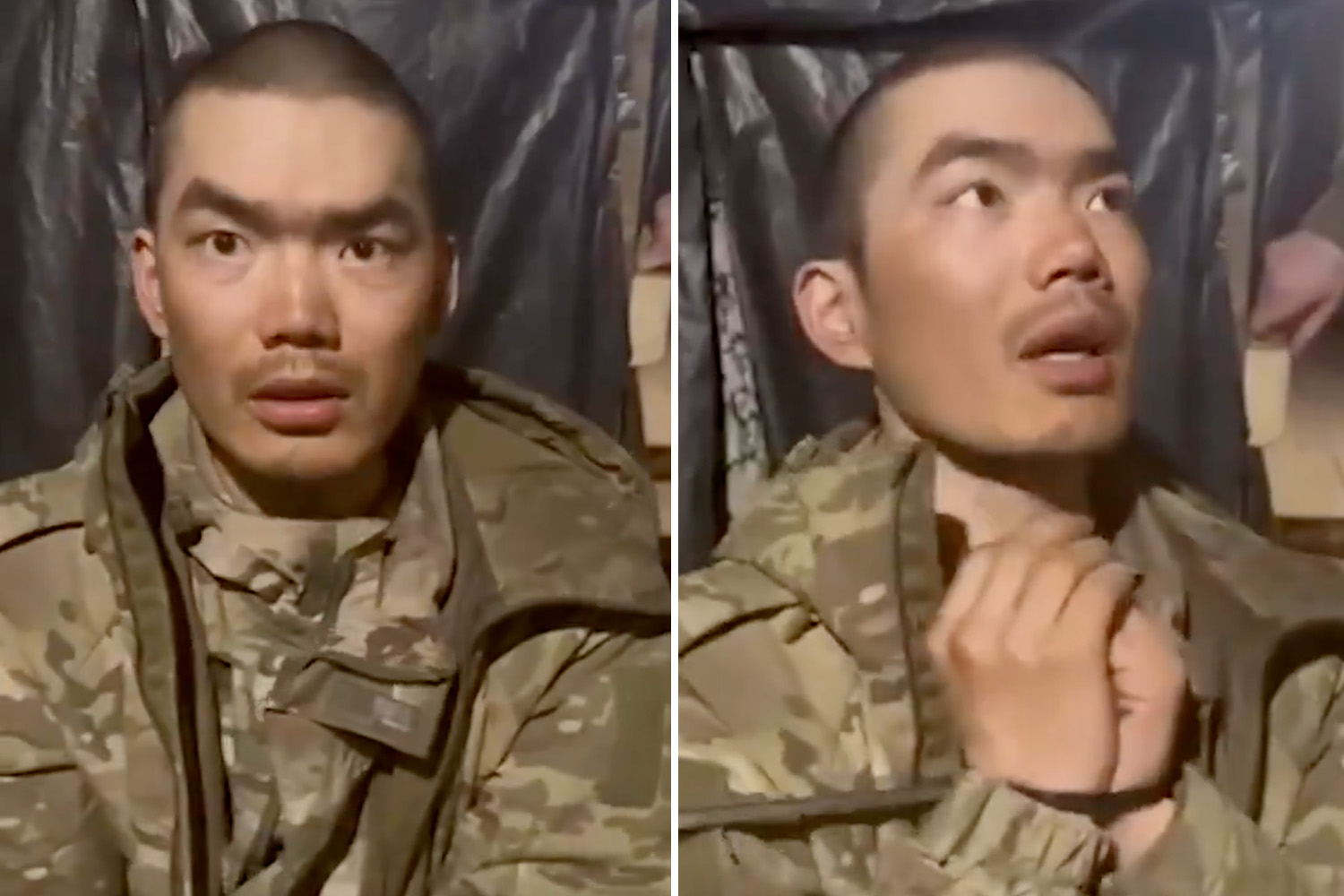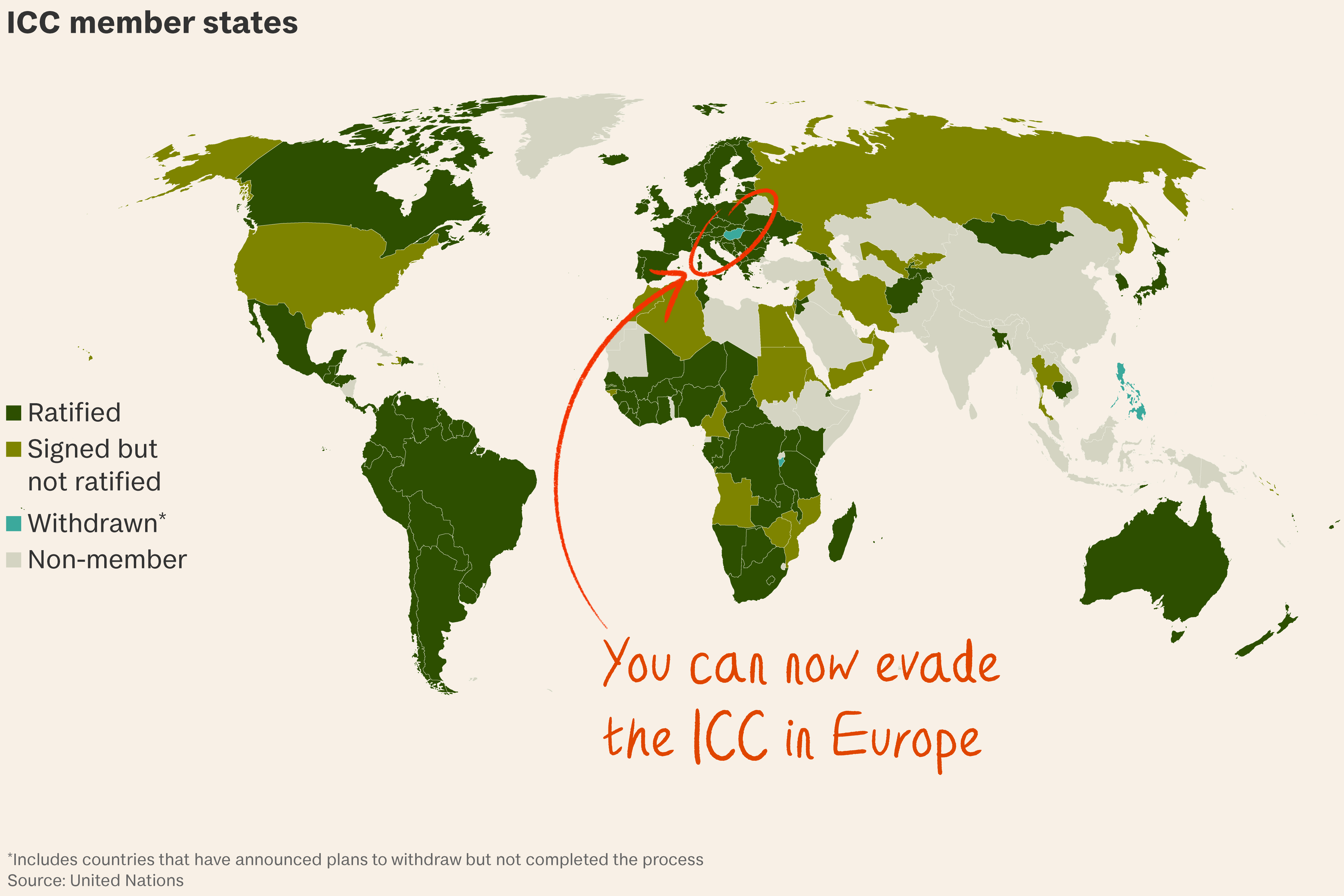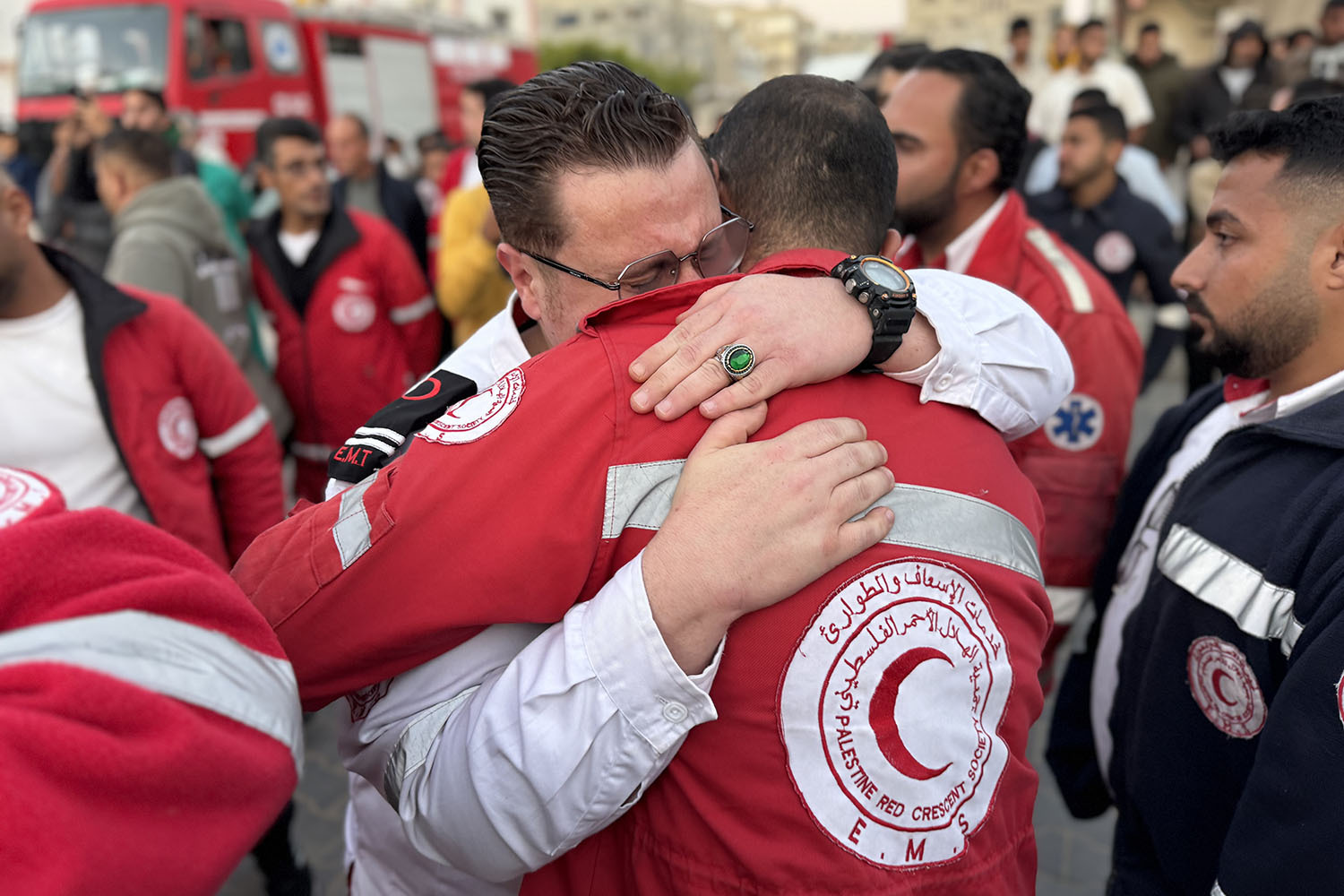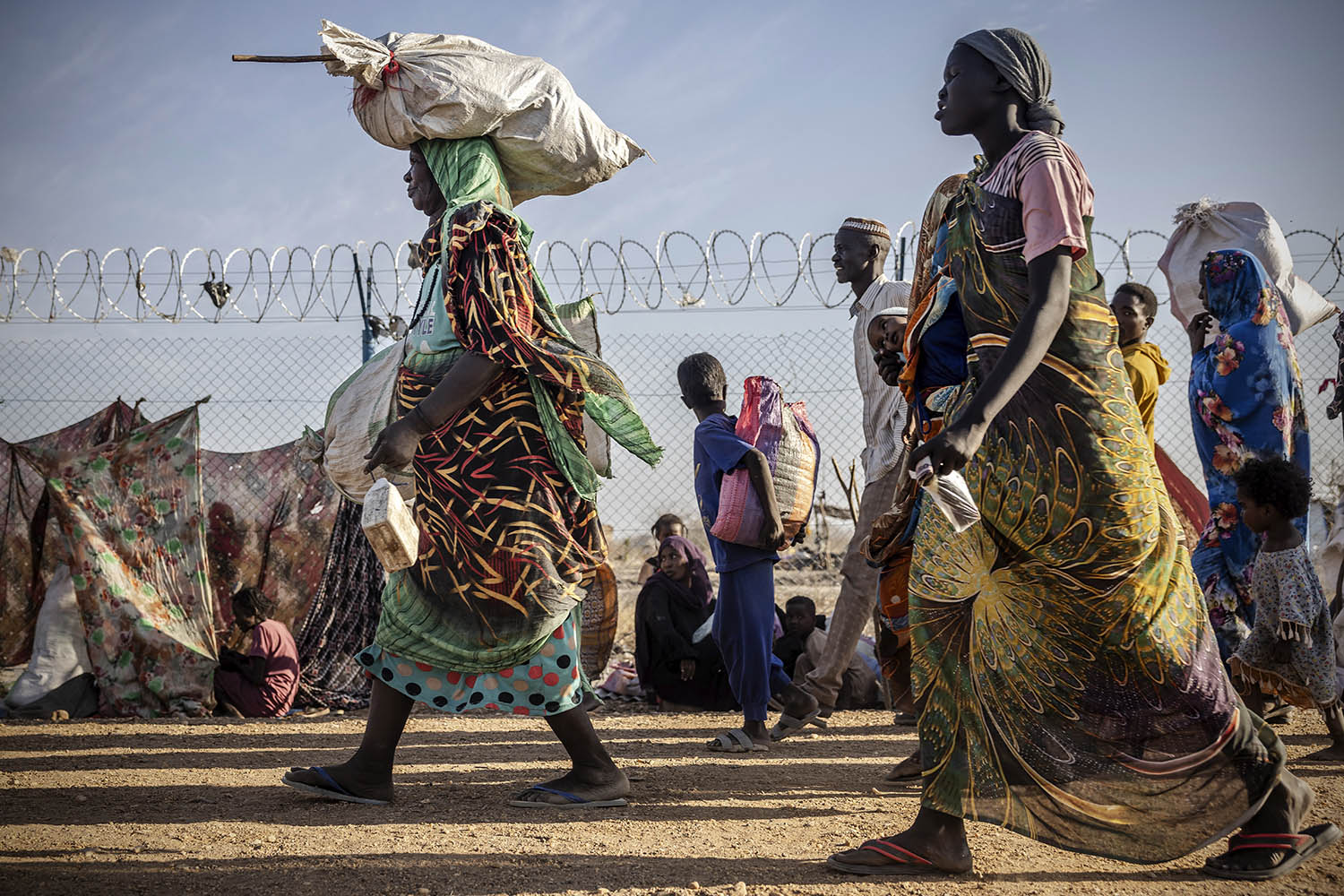
Earlier this month, as aid agencies warned millions could die of famine in Sudan, a report warned that both warring parties in its civil war had newly acquired foreign-made weapons.
So what? Sudan’s conflict represents what many future wars may look like in a multipolar world.
Washington’s “unipolar moment” in the 1990s – when the US faced no serious competition for global influence – feels a long way away. Instead, the “long, withdrawing roar” of receding American influence has resulted in a geopolitical free-for-all that has unleashed calamity on the people of Sudan.
Among those reportedly involved are a host of ambitious “middle powers”, including:
- the UAE, accused of doing more than any other power to fuel the conflict by allegedly arming and supporting the paramilitary Rapid Support Forces (RSF) of Muhammad Hamdan Dagalo, the warlord known as “Hemedti”.
- Iran, which has stepped in to support the other side in the war, the Sudanese Armed Forces (SAF), led by the country’s de facto president, Gen Abdel Fattah al-Burhan.
- Russia, purportedly backing both sides; and
- Saudi Arabia, Egypt, Qatar, Turkey and Eritrea, which also have stakes in the conflict.
The US was instrumental in ending previous Sudanese civil wars two decades ago but, distracted by Ukraine and Gaza, has neither the inclination nor the clout to end this one.
How bad is the situation? 150,000 people are thought to have died. As many as 12 million have fled their homes. Massacres have taken place in camps for the displaced inside Sudan, particularly in the western region of Darfur.
Famine has officially been declared at the Zamzam camp, which houses 500,000 people who fled the city of El-Fasher, the capital of North Darfur. With little aid reaching the camp, thousands of children are likely to die, according to Michel Lacharité of Médecins Sans Frontières.
Much of the rest of Sudan could soon mirror Zamzam. The UN calculates that more than 20 million people don’t have enough to eat. Researchers say famine could kill 6 million over the next three years.
How it started. The RSF and the SAF were once allies. Together, they mounted the coup that overthrew the fragile civilian government which came to power in a popular uprising against the Islamist military dictator Omar al-Bashir in 2019. Unable to share power, Burhan and Hemedti fell out and fighting erupted in the capital Khartoum, a once thriving city now in ruins.
How it’s going. Emirati officials strongly deny it, but according to the UN the UAE has supplied the RSF with much of its firepower. This is all too plausible:
- The RSF and the UAE have historical military ties. Hemedti sent his forces to Yemen and Libya to fight for sides backed by the Emirati government.
- The UAE has significant commercial interests in Sudan in everything from gold to agriculture, many of which are entwined with the RSF’s own vast business networks.
- The Emiratis believe the Sudanese army is heavily influenced by the Muslim Brotherhood and that by supporting the RSF they will defeat Islamism in the region – and allow the UAE to extend its influence on both sides of the Red Sea.
- The RSF was also initially backed by Wagner mercenaries from Russia. But Russia and Iran are now both arming and training President Burhan’s army in the hope of securing Red Sea naval bases in exchange.
The RSF were born out of the Janjaweed, a militia that raped, pillaged and murdered en masse during the first Darfur war. They have again been accused of ethnic cleansing in Darfur.
Both sides have recruited children, killed civilians and prevented aid from reaching desperate communities.
Doom loop. The US seems to have virtually no influence on either side. Ceasefire negotiations have gone nowhere. “Normally you sort out a war by getting the two warring sides to share power,” says a Western aid worker. “But these two sides fought because they shared power. So the solution is the problem.”
The UAE is also likely to be a vital Western ally in any postwar settlement in Gaza and is therefore too important to other US foreign policy objectives to alienate with sanctions.
The war is already threatening to spread insecurity in other parts of Africa and the Red Sea, through which a seventh of the world’s shipping passes. The more lawless Sudan becomes, the more likely it is to become a haven to terrorists, as it was in the 1990s when it was home to Osama bin Laden and al Qaeda.
What’s more… 60 per cent of people in camps in Calais are Sudanese. Many more are in Libya, preparing to make the dangerous trip across the Mediterranean.


